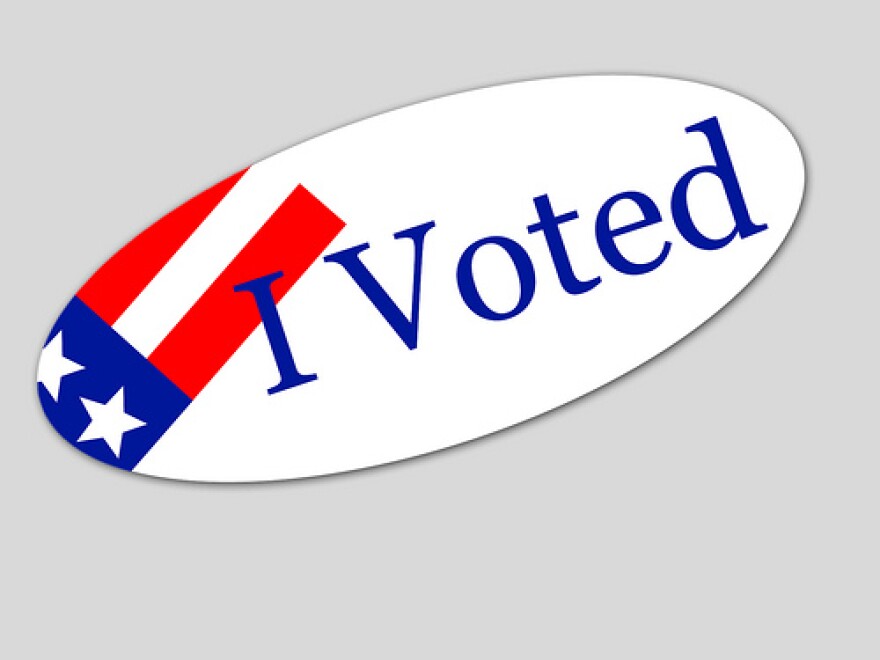As more and more voters move toward absentee voting, important data about the geography of elections is not being collected.
Looking over a list of precincts, Republican state Senator David Sutterlein of Roanoke can make determinations about which neighborhoods are giving him strong support and which neighborhoods he might want to pay a little bit more attention to.
"If something is happening in one part of the county, and we're wondering why our votes are falling off, you go there and you try to find out, 'What are you not being heard on,'" he explained.
But the movement toward absentee voting is undercutting the ability of elected officials and journalists to examine the geography of elections. When you cast an absentee ballot, the data is usually not recorded in the precinct where you live. It's recorded in an at-large precinct, lumping your vote in with all the other absentee votes in the county or the city. That's why Sutterlein introduced a bill requiring all those absentee votes are recorded in the precincts where the voters live.
Fairfax County legislative director James Heo said that might pose a logistical challenge, prompting Democratic state Senator Creigh Deeds to ask:
"If Albemarle County can do it, why can't Fairfax County do it," Deeds asked.
"It's simply about the size of the county and the number of precincts and the number of split precincts that exist in Fairfax County," Heo responded.
Because election officials don't know how many voters will request an absentee ballot, he said, they would have to overprint ballots to meet demand, which creates a huge problem in a huge county like Fairfax. A Senate panel approved the bill, sending it to the Senate floor.
This report, provided by Virginia Public Radio, was made possible with support from the Virginia Education Association.



